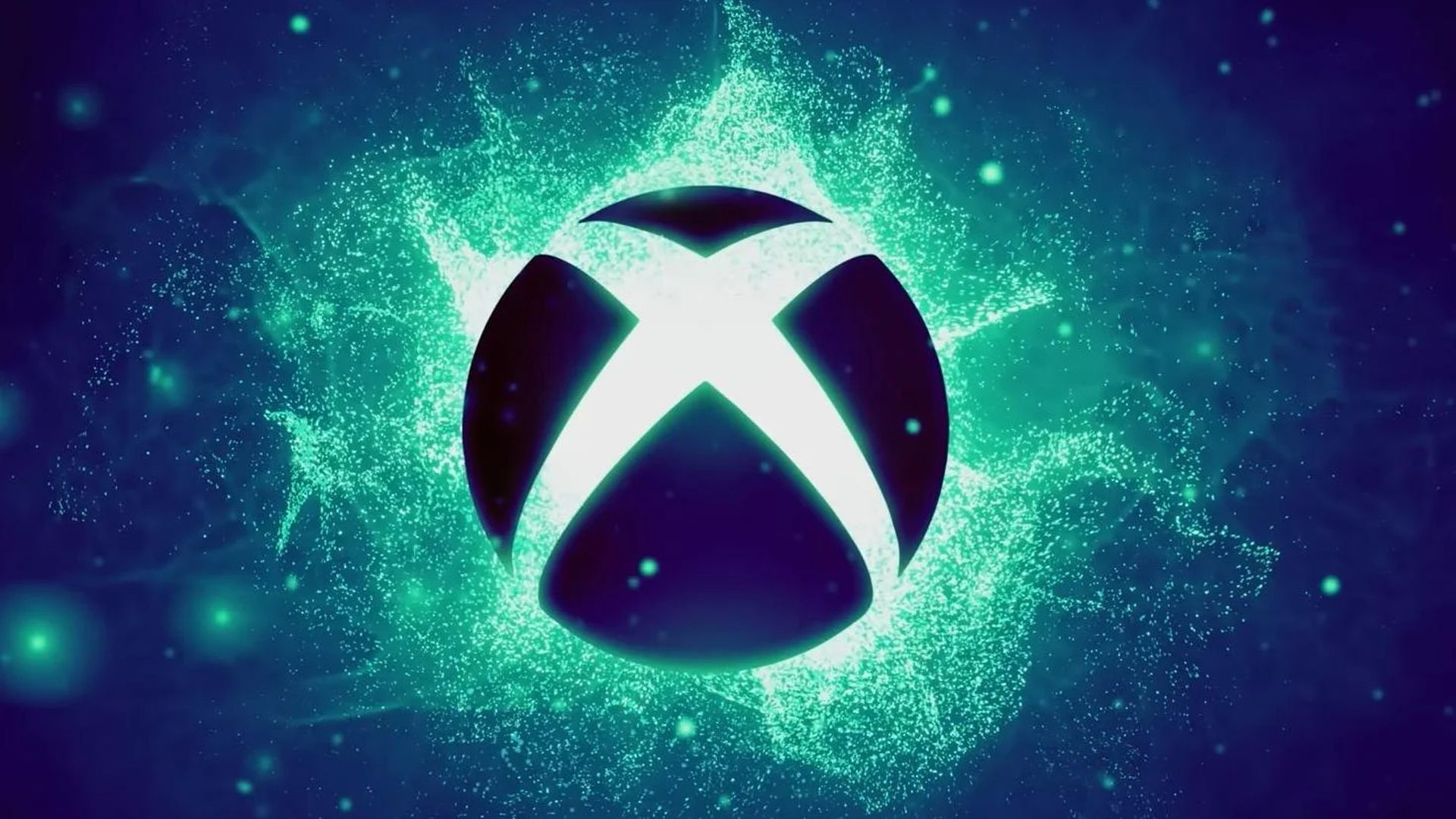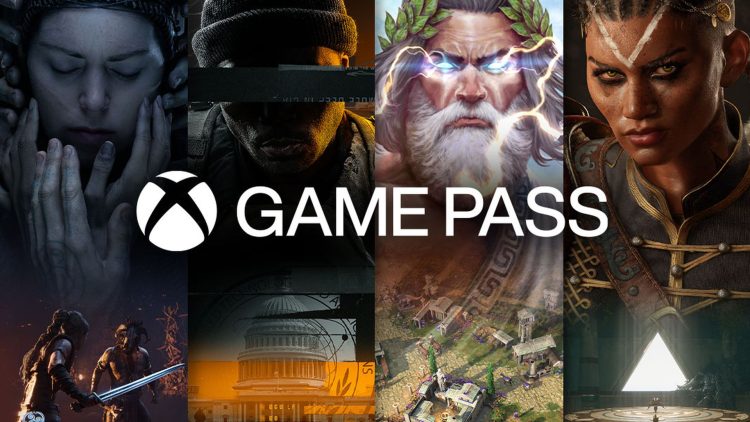The Federal Trade Commission (FTC) has taken a strong stance against Microsoft’s recent changes to Xbox Game Pass pricing. The agency sees these changes as evidence of the negative impact of the Microsoft-Activision Blizzard merger on consumers. The FTC’s concerns center around Microsoft’s decision to discontinue the Game Pass for Console option for new and returning subscribers. Microsoft is instead offering a more expensive “Standard” package. However, this new offering does not include day-one access to new releases, including games like Call of Duty: Black Ops 6 from the recently acquired Activision Blizzard catalog.
The only way to get access to all Game Pass content, including day-one releases, is with a subscription to Game Pass Ultimate. This option now comes with a price tag of $20 per month, representing a significant increase over previous pricing structures. So if you have a console or PC and only want to buy a single subscription, you will no longer be able to access games on day one.

FTC’s arguments and Microsoft’s previous statements
The FTC has sent a report to the US Court of Appeals for the Ninth Circuit. In the report, the agency calls Microsoft’s price hikes “product degradation”. It also argues that Microsoft’s actions, as well as recent layoffs, are indicative of a company holding market power post-merger.
The FTC has been hammering Microsoft. Referring to the statements it made during the first merger case, it says that it knew in advance that it would come to this day. At the time, Microsoft claimed that Game Pass prices would not increase due to the addition of Activision Blizzard games. Specifically, Microsoft stated that the purchase would benefit consumers by ensuring that Call of Duty would be available on Game Pass on the day of release, with no price increase for the service. They even advertised this at the Xbox event.
Microsoft is in the position of lying at this point. The FTC sees this as confirmation of the need for a thorough evaluation of mergers and their competitive effects, and a reason to be skeptical of promises that may not align with a company’s economic motivations.
Despite the unfolding of events, some questions remain unanswered. It remains unclear when a final decision on the FTC’s appeal will be made and the likely outcome if Microsoft loses its appeal. They will likely appeal. Or Microsoft could argue that the recent changes to Game Pass are not directly related to the Activision Blizzard acquisition, but are instead part of a broader change in strategy for subscription services.
Featured image credit: Xbox




